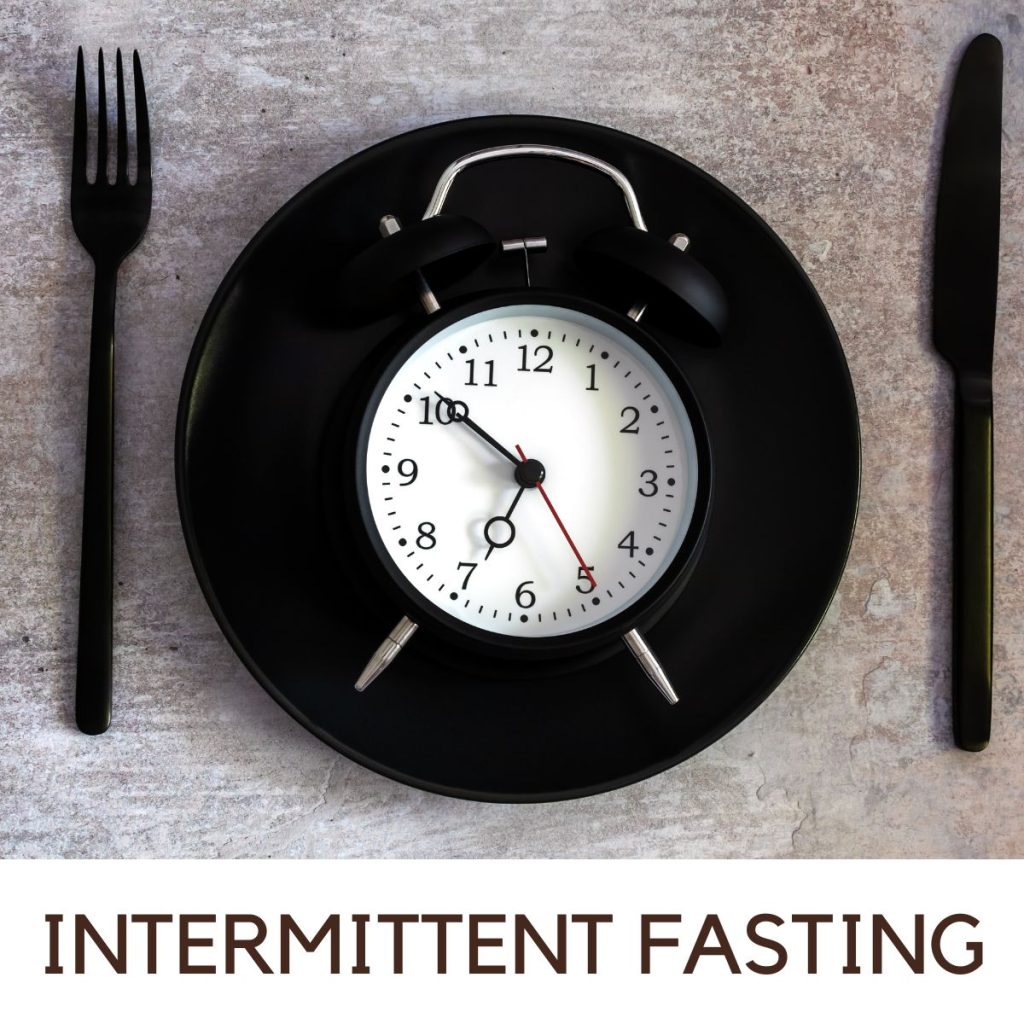Unleash the Power of Intermittent Fasting: A Guide to Improved Health and Weight Loss
Intermittent fasting is more than a passing trend and it is worth it and interesting to give it a shot.
Intermittent fasting is a pattern of eating that alternates periods of fasting with periods of eating.
This eating pattern has been around for centuries and has been used for various purposes, including weight loss and improved health.
WHAT IS INTERMITTENT FASTING
Intermittent fasting is not a diet, but rather a pattern of eating that restricts caloric intake for specific periods of time.
There are several methods of intermittent fasting, including:
- The 16/8 method, where you fast for 16 hours and eat within an 8-hour window, and
- The 5:2 diet, where you eat normally for 5 days and restrict caloric intake for 2 non-consecutive days.
BENEFITS OF INTERMITTENT FASTING
Studies have shown that intermittent fasting can have several health benefits, including weight loss, improved insulin sensitivity, and reduced inflammation.
1. Intermittent fasting is a type of diet that can help you lose weight and improve your health.
2. Eating healthy foods in moderation while still getting the energy you need to work out.
3. Fasting has been shown to have many benefits for people who are overweight, including reducing their risk for heart disease.
4. It doesn’t require any special equipment or supplements; all it requires is some self-control and commitment to giving up food during certain times of the day.
5. Studies show that intermittent fasting helps with weight loss because it tricks your body into thinking it’s not eating enough calories, so it starts burning fat instead of storing them as excess pounds.
DRAWBACKS OF INTERMITTENT FASTING
Intermittent fasting may not be suitable for everyone, as it can be difficult to stick to, especially for those with a busy lifestyle.
Intermittent fasting can also lead to low energy levels, hunger, and decreased athletic performance.
Additionally, people with a history of disordered eating should consult a healthcare professional before starting an intermittent fasting regimen.
1. Fasting is not sustainable.
2. It can lead to health problems such as low blood sugar.
3. Intermittent fasting may be difficult for people with a busy lifestyle, especially those who have jobs that require long hours of work or extensive travel.
4. You need to make sure you’re getting enough sleep and eating the right foods so your body has time to recover from intermittent fasting before it starts again the next day.
5. There’s no scientific evidence showing that intermittent fasting works better than other types of diets when it comes to weight loss.
HOW TO DO IT?
Intermittent fasting is an eating pattern where you cycle between periods of eating and fasting.
One version—the 16/8 method, or the Leangains protocol, which I’ve written about before —is pretty popular these days.
The way it works, in case this is all brand-new to you, is that first thing in the morning, you don’t eat.
You drink water, tea, or coffee and that’s it.
For eight or twelve or sixteen hours—whatever works for you—you don’t eat anything at all.
Then comes your “feeding window,” a time period during which you can (and, for most people, should) eat as much food as you want and whatever types of foods appeal to your palate.
When the feeding window is over—usually eight hours or so after it started—you go back to not eating anything.
TIPS FOR BEGINNERS AND THE LONG-TERM EFFECTS ON YOUR HEALTH
Tips for Intermittent Fasting
- Start slowly: Start with a 12-hour fast and gradually increase the length of your fast over time.
- Stay hydrated: Drink plenty of water and non-caloric beverages during your fast.
- Eat nutrient-dense foods: Focus on eating whole, unprocessed foods during your eating periods.
- Don’t overcompensate: Avoid overeating during your eating periods, as this can negate the benefits of intermittent fasting.
Intermittent fasting has been shown to have several long-term health benefits, including weight loss, improved insulin sensitivity, and reduced inflammation.
However, the long-term effects of intermittent fasting are not yet fully understood, and further research is needed to determine the safety and efficacy of this eating pattern.
My Take on Intermittent Fasting
Intermittent fasting is a pattern of eating that alternates periods of fasting with periods of eating.
It has been shown to have several health benefits, including weight loss, improved insulin sensitivity, and reduced inflammation.
However, it is important to consult a healthcare professional before starting an intermittent fasting regimen, as it may not be suitable for everyone.
Related Diet Programs
- 5 Tips for Successful WeightLoss
- 10 Easy Weight Loss Ways
- 13 Worst Food for weight loss
- 12 Best Foods for weight loss

